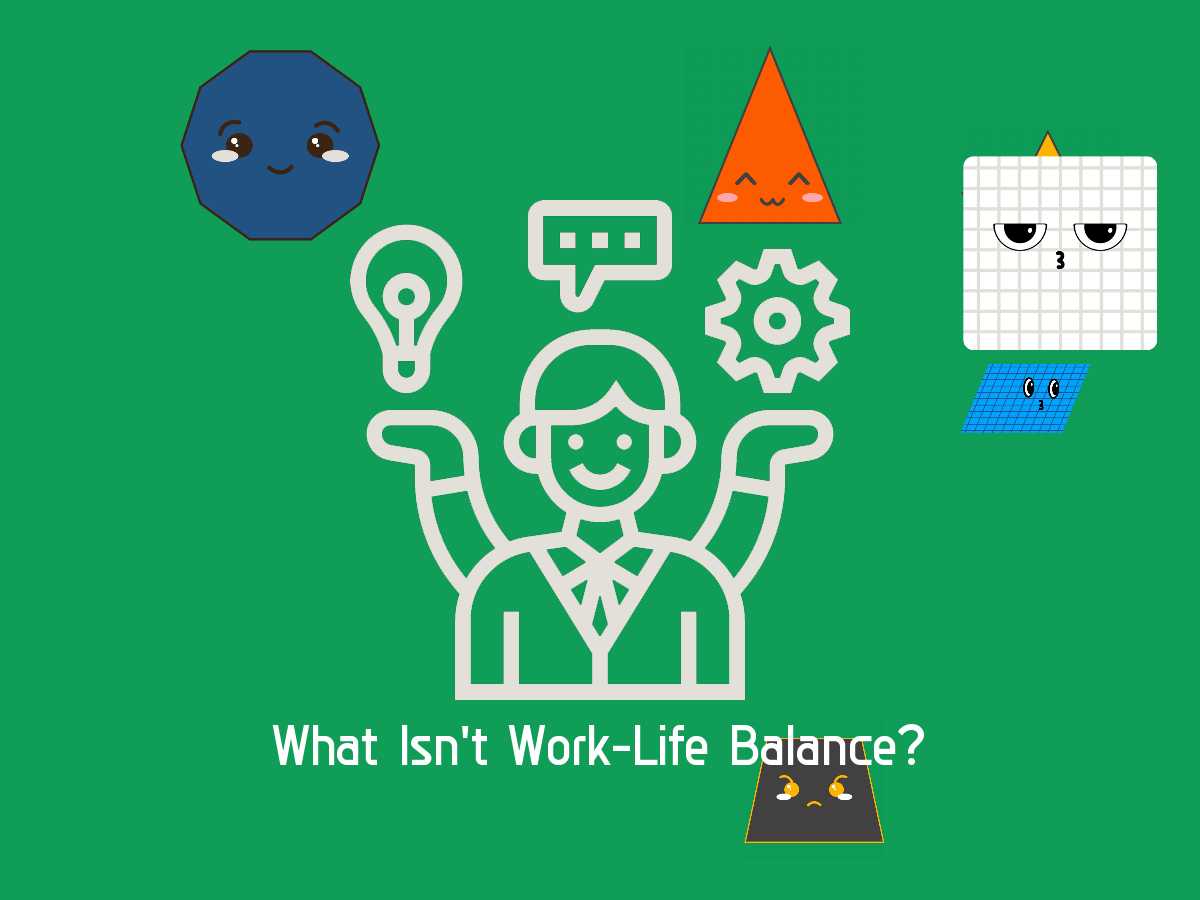Unraveling the Misconceptions
In today’s fast-paced world, the term 'work-life balance' has become a buzzword, often thrown around in corporate hallways and wellness seminars. But to genuinely embrace this concept, it's crucial to understand what it is not. Let's debunk some common misconceptions.
1. It's Not a Perfect Split:Work-life balance is often visualized as a perfect 50-50 split between professional and personal life. However, this is a myth. Balance doesn’t mean equal parts; it’s about finding a harmony that works for you, where neither aspect consistently overshadows the other.
2. Not Just a Corporate Responsibility:While companies play a significant role in promoting work-life balance, it's not solely their responsibility. It's a collaborative effort. As employees, we must also set boundaries, prioritize tasks, and communicate our needs effectively.
3. Not Always Working Less:Many interpret work-life balance as working fewer hours. While overworking is indeed harmful, balance doesn’t always equate to less work. It’s more about working smart, being productive during work hours, and then allowing yourself to fully disengage afterwards.
4. Not a One-Size-Fits-All:Everyone’s ideal balance looks different. For some, it might mean flexible hours or remote work options. For others, it could be about pursuing passions outside of work. Acknowledging and respecting these inspanidual preferences is key.
5. Not Just About Time Management:While managing your time efficiently is important, work-life balance goes deeper. It’s also about managing your energy, emotional well-being, and aligning your work with your personal values and goals.
6. Not a Static State:Balance is not something you achieve once and then it’s done. It’s a dynamic state that requires continuous adjustment and reassessment, especially as your personal and professional circumstances change.
7. Not a Luxury:Finally, it’s not a perk or a luxury - it’s a necessity. A well-balanced life is essential for mental and physical health, job satisfaction, and overall happiness.
Embracing the True Essence of Balance
Understanding what work-life balance isn’t helps in clearing the fog around what it truly is. It’s about creating a lifestyle where you can thrive both at work and in your personal life without sacrificing one for the other. As we move forward, let's challenge these misconceptions and work towards a more balanced, fulfilling life.





